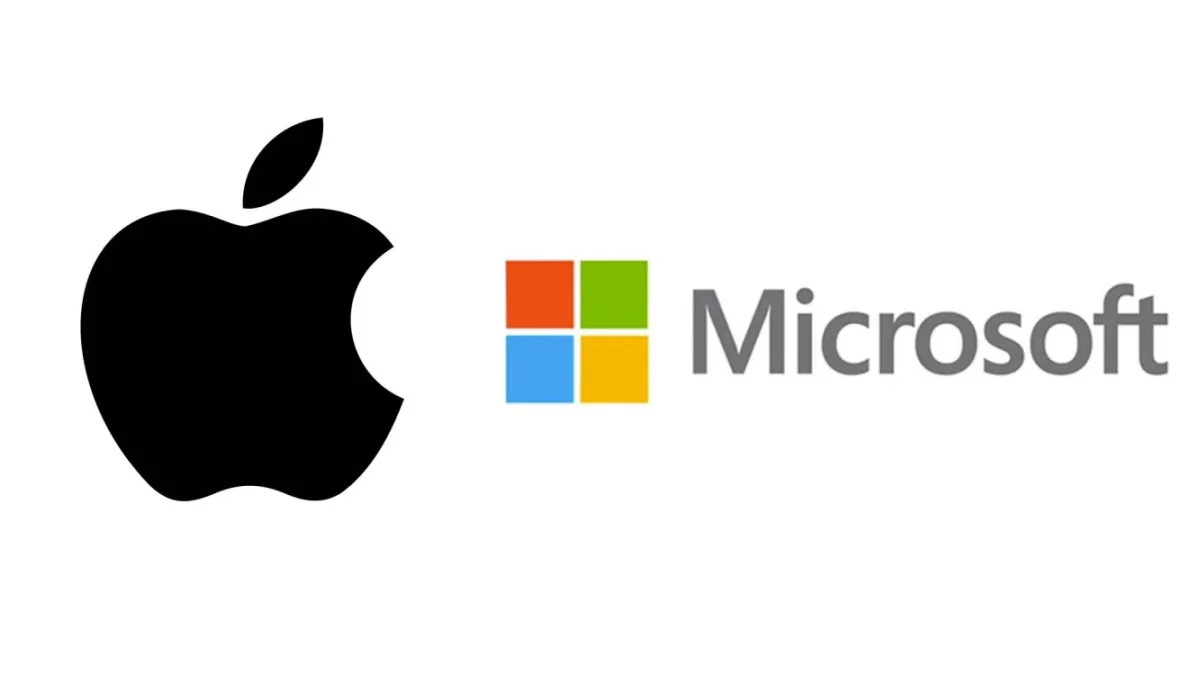In the evolving landscape of digital regulation, a significant development has emerged as Google expresses dissatisfaction with the advantages that Apple and Microsoft seem to have secured under the European Union’s new Digital Markets Act (DMA). This act aims to ensure a fairer digital market, targeting the largest tech companies with specific rules to foster competition and innovation.
Key Highlights:
- The EU’s Digital Markets Act (DMA) targets major tech firms, including Google, to make digital markets more competitive and fair.
- Alphabet’s Google, along with other tech giants like Amazon, Apple, Meta, Microsoft, and TikTok owner ByteDance, have been designated as “gatekeepers,” subject to stringent new rules.
- These rules mandate interoperability among messaging apps and give users more freedom in choosing pre-installed applications.
- Google has opted not to challenge its gatekeeper designation, despite the higher regulatory scrutiny on its services such as Android, Google Maps, and Google Search.
- The DMA and its companion legislation, the Digital Services Act (DSA), aim to regulate the digital economy more effectively, with some companies like Amazon and Zalando challenging aspects of these regulations.
The DMA represents a pivotal shift in how digital services operate within the European Union, demanding greater openness and interoperability from the largest tech companies, known as gatekeepers. These firms, including Google, are now under pressure to adapt their operations to comply with the new regulations that aim to enhance user choice and competition.
Google’s stance of not appealing against the DMA’s requirements reflects a strategic decision to engage with EU regulators rather than confront them. This approach comes amidst a broader context where tech giants are increasingly scrutinized for their market dominance and competitive practices. Despite this, Google’s reluctance to contest the regulations underscores the complex dynamics at play as tech companies navigate the challenges of compliance with evolving digital legislation.
The DMA’s implications extend beyond mere regulatory compliance, signaling a significant shift in the digital ecosystem that could reshape the competitive landscape. For Google, this means adapting to a reality where its operations are more tightly regulated, necessitating changes to its business practices and interactions with competitors and consumers alike.
The unfolding situation highlights a broader debate about the role of regulation in the digital economy, the balance between innovation and competition, and the power dynamics between large tech companies and regulatory bodies. As these developments continue to unfold, the impact of the DMA and similar regulations will likely have lasting effects on the digital market’s structure, competitiveness, and innovation.
In conclusion, while Google may be “unhappy” with the perceived advantages that Apple and Microsoft have under the DMA, this situation underscores the broader challenges facing the tech industry as it adapts to increasing regulatory demands. The DMA’s focus on ensuring fair competition and innovation in the digital market represents a significant step toward redefining the rules of engagement for the world’s largest tech companies. This evolving regulatory landscape poses both challenges and opportunities for the industry, highlighting the need for a delicate balance between regulation, competition, and innovation.






























